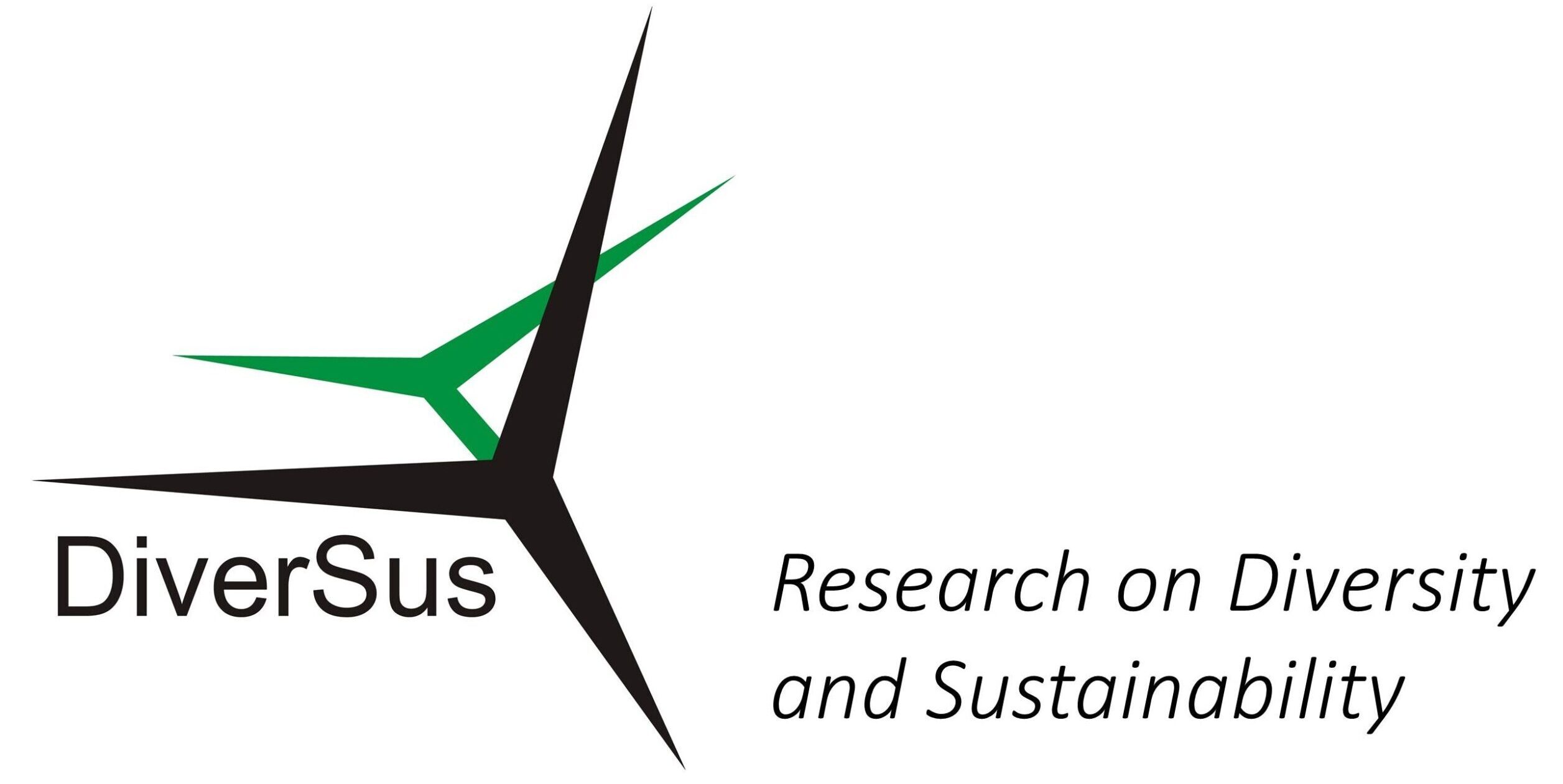The first workshop with stakeholders in the Copo site was carried out in the Copo National Park facilities, Santiago del Estero Province, Argentina in November 2019.
Within the framework of the our project “Socio-ecological resilience in the face of global environmental change in heterogeneous landscapes – building a common platform for understanding and action”, the first workshop was held on November 5th in the Copo study site, located in Noertheast Santiago del Estero Province, Argentina. The workshop took place in the Municipality of the Copo National Park, in the town of Pampa de los Guanacos. It was jointly organized by researchers from the INTA Quimilí Agricultural Experiment Station (EEA Quimilí) and the INTA Sachayoj Rural Extension Agency (AER Sachayoj), of the Agroecosystems and Rural Landscapes Study Group (GEAP) of the National University of Mar del Plata, and the Multidisciplinary Institute of Plant Biology (IMBIV) of the National University of Córdoba.
The general objective of the workshop was to generate a space for exchange and reflection among the social actors in the territory. Dicussions were focused on the challenges and opportunities that the social actors perceive, and how to advance towards sustainable local development and the strategic actions they could implement to face the challenges and generate opportunities. This workshop is part of a process of transdisciplinary research and co-production of knowledge that various social actors from Northeast Santiago del Estero Province region have been carrying out since 2015, which is promoted by the joint work between the AER Sachayoj, the GEAP, groups of farmers (CREA, Chacra AAPRESID), Copo National Park, among others. Within the framework of this process, we have been working on the participatory construction of a diagnosis of the territory as a baseline for monitoring the environmental sustainability of productive activities, mainly agriculture. In the diagnostic phase, the determining aspects of environmental sustainability and the information gaps around them have been identified in a participatory manner. In response to these demands for information, the monitoring of sustainability indicators has been launched in various agricultural establishments, which is producing knowledge on aspects such as crop pollination, biological pest control, soil biological activity and survival of wildlife in landscapes intensely transformed by agricultural activity.











